1942 WAS a defining year of the Second World War, marked not only by pivotal shifts in military momentum but also by profound changes in daily life, culture, politics, and royal affairs. As the Allies began to gain ground in North Africa and the Pacific, the Holocaust escalated following the Wannsee Conference, and the Eastern Front was transformed by the brutal Battle of Stalingrad. On the home front, rationing deepened, women entered new wartime roles, and the arts provided a vital outlet for public resilience. In Britain, Princess Elizabeth took on her first royal duties, while in the United States, industrial mobilisation reshaped the economy. From cinema and music to sport and protest, 1942 was a year of hardship and transformation.
Explore the events that shaped the year below ... or discover them as they appeared at the time in an original 1942 newspaper from our archives.
Key Events:
January
January 1: Twenty-six Allied nations sign the United Nations Declaration, committing to resist the Axis and support the Atlantic Charter’s principles.
January 2: Japanese troops capture Manila in the Philippines, solidifying their Pacific gains.
January 8: Bing Crosby records “White Christmas” in Los Angeles, which would go on to become the best-selling single of all time.
January 11: Japan invades the Dutch East Indies, seeking control of oil-rich territories.
January 19: Actor Michael Crawford, future star of The Phantom of the Opera, is born in Salisbury, England.
January 20: The Wannsee Conference in Berlin formalises the Nazis' plan for the “Final Solution”.

House of the Wannsee Conference, Berlin. Image: Wikimedia
January 23: British Eighth Army re-enters Benghazi, briefly reclaiming parts of Libya.
January 26: American actress and future activist Judy Woodruff is born in Tulsa, Oklahoma.
January 30: The BBC debuts Desert Island Discs, hosted by Roy Plomley, which would become a long-running British radio programme.
Shop our book on WWII to learn more through newspaper headlines ...

February
February 2: The Battle of Singapore begins as Japanese troops cross into British defences and launch a full-scale assault on the island.
February 8: The Dutch East Indies fall under Japanese control following weeks of intense fighting across the archipelago.
February 12: German battleships Scharnhorst and Gneisenau complete the “Channel Dash”, successfully escaping from Brest through the English Channel despite Allied attacks.
February 15: Singapore falls to Japanese forces, resulting in the largest British military surrender in history, with over 80,000 troops captured.
February 19: Darwin, Australia, is bombed by Japanese aircraft in the largest attack ever mounted on Australian soil.
February 22: A major fire in St. John’s, Newfoundland, destroys more than 100 buildings and leaves thousands displaced in freezing conditions.
February 24: The Tube Alloys project, Britain’s atomic research programme, receives formal support from Winston Churchill’s government.
February 27: The Battle of the Java Sea begins, ending in a heavy Allied naval defeat and further consolidating Japanese dominance in Southeast Asia.
March
March 1: Japanese forces capture Rangoon, the capital of Burma, severing the Burma Road and cutting off a key Allied supply route to China.
March 5: British commandos launch a daring raid on the Normandie dry dock at St. Nazaire, severely damaging German naval facilities and preventing use by the battleship Tirpitz.
March 8: Japan completes its conquest of the Dutch East Indies, gaining control of valuable oil resources and securing dominance in Southeast Asia.
March 12: The film Mrs. Miniver premieres in the United States, offering a poignant portrayal of British wartime life and boosting Allied morale through cinema.
March 13: The RAF begins large-scale area bombing of German cities, shifting tactics from precision strikes to widespread urban targeting.
March 18: The United States establishes the War Production Board to oversee the rapid expansion of industrial output for the war effort.
March 21: Australian-born actor Michael Forest is born in North Dakota. He would later become known for roles in film and television, including work with NASA's educational programmes.
March 25: The first transport of Slovak Jews arrives at Auschwitz, marking the beginning of regular deportations to the extermination camp.

The entrance to Auschwitz extermination camp. Image: Wikimedia
March 28: British forces destroy the dry dock at St. Nazaire during Operation Chariot, using a ship packed with explosives to prevent German naval repairs.
March 31: The All-India Congress Committee demands full and immediate independence from British rule, setting the stage for mass civil disobedience later in the year.
April
April 5: Japanese aircraft bomb Colombo in Ceylon during their Indian Ocean raid.
April 9: The Bataan Peninsula in the Philippines surrenders; the brutal Bataan Death March soon follows.
April 13: American soul singer Al Green is born in Forrest City, Arkansas.
April 15: King George VI awards Malta the George Cross for heroism under siege.
April 18: The Doolittle Raid sees American bombers attack Tokyo in a symbolic blow to Japan.
April 21: The United Kingdom holds National War Savings Week to fund the war effort.
April 23: British and Commonwealth troops are pushed back in Libya by Rommel’s Afrika Korps.
April 26: The 14th Academy Awards are held in Los Angeles. How Green Was My Valley wins Best Picture.
April 29: Japanese troops seize Tulagi in the Solomon Islands.
May
May 4: The Battle of the Coral Sea begins between Allied and Japanese forces. It is the first naval battle in which aircraft carriers play the central role, and the opposing ships never come into direct contact.
May 6: Corregidor falls to Japanese troops, marking the complete occupation of the Philippines and the end of US-Filipino resistance on the islands.
May 9: The Luftwaffe carries out its final large-scale air raid on London. Although air attacks continue sporadically, the sustained Blitz officially comes to a close.
May 12: American bandleader Glenn Miller releases “American Patrol”, a swing-era hit that becomes closely associated with wartime morale on the home front.
May 15: The United States establishes the Women’s Auxiliary Army Corps, allowing women to enlist in support roles and marking a major step in gender integration in the military.
May 19: British actress Eleanor Bron is born in Stanmore, Middlesex. She would later gain recognition for her work in film, theatre, and satire, including roles in Help! and Women in Love.
May 20: British fashion retailers begin producing utility clothing under government guidelines, designed to conserve fabric and support wartime austerity while maintaining civilian morale.
May 24: Mexico declares war on Germany, Italy, and Japan after Axis submarines sink two Mexican oil tankers, marking its formal entry into the Second World War.
May 27: Reinhard Heydrich is attacked in Prague by Czechoslovak resistance fighters in a covert mission later known as Operation Anthropoid. He dies from his wounds several days later.
May 30: The RAF launches its first “thousand-bomber raid” on Cologne, Germany, marking a new strategy in the British bombing campaign and the growing scale of Allied air power.
May 31: The FA Cup is not held for the third year in a row due to wartime disruption. Charity matches and regional competitions continue to keep public interest in football alive.
June
June 3: The Battle of Midway begins in the Pacific as US and Japanese naval forces engage near the Midway Atoll. The outcome of the battle will prove to be a turning point in the war.
June 4: Four Japanese aircraft carriers are destroyed by American naval forces at Midway, significantly weakening Japan’s naval power and halting its expansion across the Pacific.
June 10: The Czech village of Lidice is destroyed by Nazi forces in retaliation for the assassination of Reinhard Heydrich. Most of the male population is executed and the village is razed to the ground.
June 12: Anne Frank receives a red-and-white checked diary for her 13th birthday while in hiding in Amsterdam. Her writings will later become one of the most important personal accounts of the Holocaust.
June 15: The BBC launches a French-language radio service aimed at occupied France, broadcasting messages of support and coded information to the Resistance.
June 18: General Charles de Gaulle delivers a speech marking the second anniversary of his appeal to the French people, reinforcing his leadership of the Free French movement from London.
June 21: General Erwin Rommel captures Tobruk in Libya after a rapid assault. The loss of the port city is a significant blow to British forces in North Africa.
June 23: The musical film Yankee Doodle Dandy, starring James Cagney as entertainer George M. Cohan, premieres in New York and receives critical acclaim for its patriotic tone.
June 25: The first British-built Lancaster bombers are deployed in nighttime raids over Germany, boosting the RAF’s long-range bombing capability.
June 28: Germany launches Operation Blue, a major summer offensive on the Eastern Front aimed at capturing Soviet oil fields and the city of Stalingrad.
July
July 1: The First Battle of El Alamein begins in Egypt, where Allied forces, led by General Claude Auchinleck, halt General Rommel’s Afrika Korps just 66 miles from Alexandria. The engagement marks a critical turning point in the North African campaign.
July 4: This Is the Army, a wartime musical revue written by Irving Berlin, premieres at the Broadway Theatre in New York City. The patriotic production features an all-soldier cast and quickly becomes a hit, raising millions for the Army Emergency Relief Fund.
Shop our The History of Broadway Musicals to learn more through newspaper history ...

July 6: In Amsterdam, 13-year-old Anne Frank begins writing in her diary while living in hiding with her family and others in a concealed annex. Her reflections would later become one of the most poignant accounts of life under Nazi occupation.
July 9: Richard Roundtree, future American actor known for his groundbreaking role as detective John Shaft in the 1971 film Shaft, is born in New Rochelle, New York.
July 15: The first transport of Jews arrives at the newly completed Treblinka extermination camp in occupied Poland. Over the coming months, the camp would become one of the most lethal Nazi facilities, responsible for the deaths of hundreds of thousands.
July 17: The German Wehrmacht launches a massive offensive into southern Russia, initiating the Battle of Stalingrad. The brutal campaign will become one of the deadliest in history and a turning point in the Eastern Front.
July 22: Deportations from the Warsaw Ghetto to Treblinka begin, with thousands of Jews being rounded up daily by German forces. Over the next two months, approximately 254,000 people are sent to their deaths from the overcrowded ghetto.
July 25: The BBC broadcasts a segment reporting Princess Elizabeth’s visit to the Grenadier Guards, highlighting her growing involvement in royal duties. At just 16, the future Queen's appearance resonates with a nation at war.
July 27: The British government announces the relaxation of blackout restrictions in rural areas, reflecting improved air defences and a reduced threat of German bombing raids in less populated regions.
August
August 1: Five on a Treasure Island, the first book in Enid Blyton’s “Famous Five” series, is published in the United Kingdom. The story will become a classic of British children’s literature.
August 5: American boxer Muhammad Ali, born Cassius Marcellus Clay Jr., is born in Louisville, Kentucky. He will go on to become one of the most celebrated sports figures of the 20th Century.
August 7: US Marines land on Guadalcanal in the Solomon Islands in the first major Allied offensive against Japan. The campaign marks a turning point in the Pacific War.
August 8: The BBC broadcasts the first edition of The Brains Trust radio programme, bringing together experts to answer public questions and boost morale.
August 9: Mahatma Gandhi launches the Quit India Movement in Bombay, demanding an end to British rule in India. The British government responds by arresting Gandhi and many Congress leaders.
August 15: Walt Disney’s animated film Bambi premieres at Radio City Music Hall in New York. Its release is delayed in Europe due to the war.
August 19: Allied forces launch the Dieppe Raid on the French coast. The operation results in heavy Canadian and British casualties and exposes weaknesses in amphibious assault planning.
August 23: German forces begin their assault on Stalingrad, launching massive air raids and initiating one of the most brutal battles of the war.
August 25: The British government issues guidelines limiting skirt lengths and restricting pleats to conserve fabric as part of wartime clothing rationing.
August 28: The Ministry of Food intensifies its promotion of the "Dig for Victory" campaign, encouraging families to grow vegetables in gardens and public spaces to support the war effort.
August 31: Field Marshal Rommel resumes his advance on El Alamein in Egypt, bringing renewed fighting to the Western Desert.
September
September 1: The Federal Theatre Project, a New Deal arts programme in the United States, is officially terminated as government resources are redirected to the war effort.
September 5: American actress and singer Raquel Welch is born in Chicago, Illinois. She will rise to fame in the 1960s as a major film star and cultural icon.
September 9: A Japanese seaplane launched from a submarine drops incendiary bombs on forests near Brookings, Oregon. The attack causes minimal damage but marks the only wartime bombing of the continental United States.
September 12: Pope Pius XII issues a pastoral appeal for peace and humanitarian aid for victims of war, calling on Catholics to assist those suffering across Europe.
September 15: British economist William Beveridge begins work on a government report to address social inequality. The document will become the foundation for post-war welfare reforms in the UK.
September 17: The Soviet government introduces compulsory labour for teenagers aged 14 to 17 as part of broader measures to support the war economy.
September 18: RAF bombers conduct a targeted raid on the Lützow shipyards in Gdynia, Poland, aiming to disrupt German naval operations in the Baltic.
September 23: The French Resistance begins publishing Combat, an underground newspaper that circulates in occupied France and calls for defiance against the Nazi regime.
September 27: Japan's government radio service, Radio Tokyo, begins English-language broadcasts intended to undermine Allied morale and spread propaganda.
September 30: American actress Madeline Kahn is born in Boston, Massachusetts. She will become known for her roles in classic comedy films of the 1970s.
October
October 1: The New York Philharmonic performs for American servicemen, offering a morale-boosting concert at a time when music plays a key role in wartime support efforts.
October 4: Composer Bernard Herrmann completes the score for Orson Welles’ film The Magnificent Ambersons, continuing his influential contributions to American cinema.
October 7: The United States and United Kingdom agree to establish the Combined Chiefs of Staff, a joint command structure to coordinate Allied military strategy.
October 9: The British government begins internal discussions on post-war educational reform, aiming to address inequality and improve access to schooling.
October 12: Melvin Franklin, future bass singer of The Temptations, is born in Montgomery, Alabama. He will later become a key figure in Motown’s success.
October 17: The Vatican sends a confidential memorandum to Nazi Germany condemning racial persecution and calling for humane treatment of civilians.
October 19: Mahatma Gandhi is imprisoned by British authorities in India following his leadership of the Quit India Movement, which demands immediate independence.
October 23: The Second Battle of El Alamein begins as Allied forces under General Bernard Montgomery launch a major offensive in Egypt against Axis troops.
October 27: Queen Mary visits munitions workers in Manchester, thanking them for their service and reinforcing royal support for the industrial war effort.
October 31: British children begin receiving the “National Loaf”, a government-issued wholemeal bread introduced to maintain nutrition during wartime rationing.

National Loaf Poster. Image: Word Press
November
November 2: British forces break through Axis defences at El Alamein, forcing Rommel’s troops into full retreat across North Africa.
November 3: The centenary of composer Felix Mendelssohn’s birth is marked with concerts across Britain and Europe, celebrating his influence on classical music.
November 5: US President Franklin D. Roosevelt wins re-election for an unprecedented third term, defeating Republican candidate Wendell Willkie.

US President Franklin D. Roosevelt. Image: Wikipedia
November 8: Operation Torch begins as American and British troops land in French North Africa, opening a new front in the Mediterranean theatre.
November 10: The Eighth Army retakes Tobruk, Libya, just five months after it was captured by Axis forces, restoring a key Allied port.
November 12: The naval phase of the Battle of Guadalcanal intensifies, with heavy losses on both sides as American and Japanese forces clash in the Solomon Islands.
November 14: Princess Elizabeth makes her first public radio broadcast, addressing British children evacuated overseas and expressing hope for peace.
November 17: The BBC debuts Music While You Work, a light music programme intended to improve productivity in British factories during the war.
November 19: Soviet forces launch Operation Uranus, a major counter-offensive at Stalingrad that begins the encirclement of the German Sixth Army.
November 26: Allied forces capture Casablanca in Morocco, securing the westernmost point of Operation Torch and strengthening their hold in North Africa.
December
December 2: Italian physicist Enrico Fermi achieves the first controlled nuclear chain reaction at the University of Chicago, a breakthrough in atomic research.

Enrico Fermi. Image: Wikipedia
December 5: American musician Little Richard is born in Macon, Georgia. He will later become a pioneer of rock and roll in the 1950s.
December 6: A major blackout is imposed across London in response to increased German aerial reconnaissance and the threat of renewed bombing.
December 9: The British and Polish governments issue a joint declaration confirming the systematic mass murder of Jews in Nazi-occupied Europe.
December 12: The United States establishes the Office of Censorship to monitor and regulate international communications and protect military secrets.
December 16: German forces trapped in Stalingrad attempt to break out of the Soviet encirclement, but the operation fails under heavy winter conditions.
December 20: Queen Elizabeth, the future Queen Mother, visits wounded servicemen and hospital staff in London as part of the royal family’s Christmas morale efforts.
December 22: British composer Ralph Vaughan Williams presents his Fifth Symphony in London, offering a message of hope and spiritual reflection during wartime.
December 24: King George VI delivers his annual Christmas broadcast from Sandringham, calling for unity and perseverance among the people of the Commonwealth.
December 31: Mrs. Miniver, a wartime film portraying a British family's resilience during the Blitz, is named Best Picture of 1942 by the New York Film Critics Circle.
Key events of 1942
The Battle of Stalingrad
THE Battle of Stalingrad, which began in July 1942, was one of the deadliest confrontations of the Second World War and a defining turning point on the Eastern Front. German forces under General Friedrich Paulus launched Operation Blue, aiming to seize the industrial city of Stalingrad on the Volga River and cut off vital Soviet supply lines. Intense street-by-street fighting followed as the Germans captured much of the city by autumn, but Soviet defenders held key strongholds, including the Mamyev Kurgan hill and riverside factories. On November 19, the Red Army launched Operation Uranus, a large-scale counteroffensive that encircled over 250,000 Axis troops. Despite Hitler’s orders to hold their position, the German Sixth Army was trapped in freezing conditions with dwindling supplies. By the end of the year, Soviet forces had sealed the encirclement, leading to the German surrender in February 1943. The battle marked the first major strategic defeat for Nazi Germany and decisively shifted the momentum of the war in favour of the Allies.
The Holocaust Escalates
THE Wannsee Conference, held on January 20, 1942, in Berlin, brought together senior Nazi officials to coordinate the implementation of the so-called Final Solution to the Jewish Question, a systematic plan to annihilate the Jewish population of Europe. This marked a shift from persecution and forced labour to industrialised mass murder. Extermination camps such as Treblinka, Sobibór, and Bełżec became fully operational in occupied Poland. Auschwitz-Birkenau, initially a concentration camp, expanded its facilities to include gas chambers and crematoria. By mid-year, mass deportations from ghettos in Warsaw, Kraków, and other cities were underway, with Jews transported by rail to be killed on arrival. Mobile killing units known as Einsatzgruppen continued mass executions in Eastern Europe. During 1942 alone, millions of Jews were murdered in a centrally planned and systematically executed phase of the Holocaust.
Turning the Tide in the Pacific
THE Battle of Midway, fought between June 4 and 7, 1942, was a decisive naval engagement in which US forces, having broken Japanese codes, ambushed and sank four Japanese aircraft carriers: Akagi, Kaga, Sōryū, and Hiryū, while losing only one of their own. The victory ended Japan’s dominance in the Pacific and gave the United States the strategic initiative. Two months later, in August, US Marines landed on Guadalcanal in the Solomon Islands in the first major Allied offensive against Japanese territory. The campaign, which lasted into early 1943, marked the beginning of the island-hopping strategy and the long push toward Japan. Although conditions were harsh and the fighting was fierce, the success at Guadalcanal symbolised a growing shift in the Pacific War and marked the beginning of sustained Allied momentum.
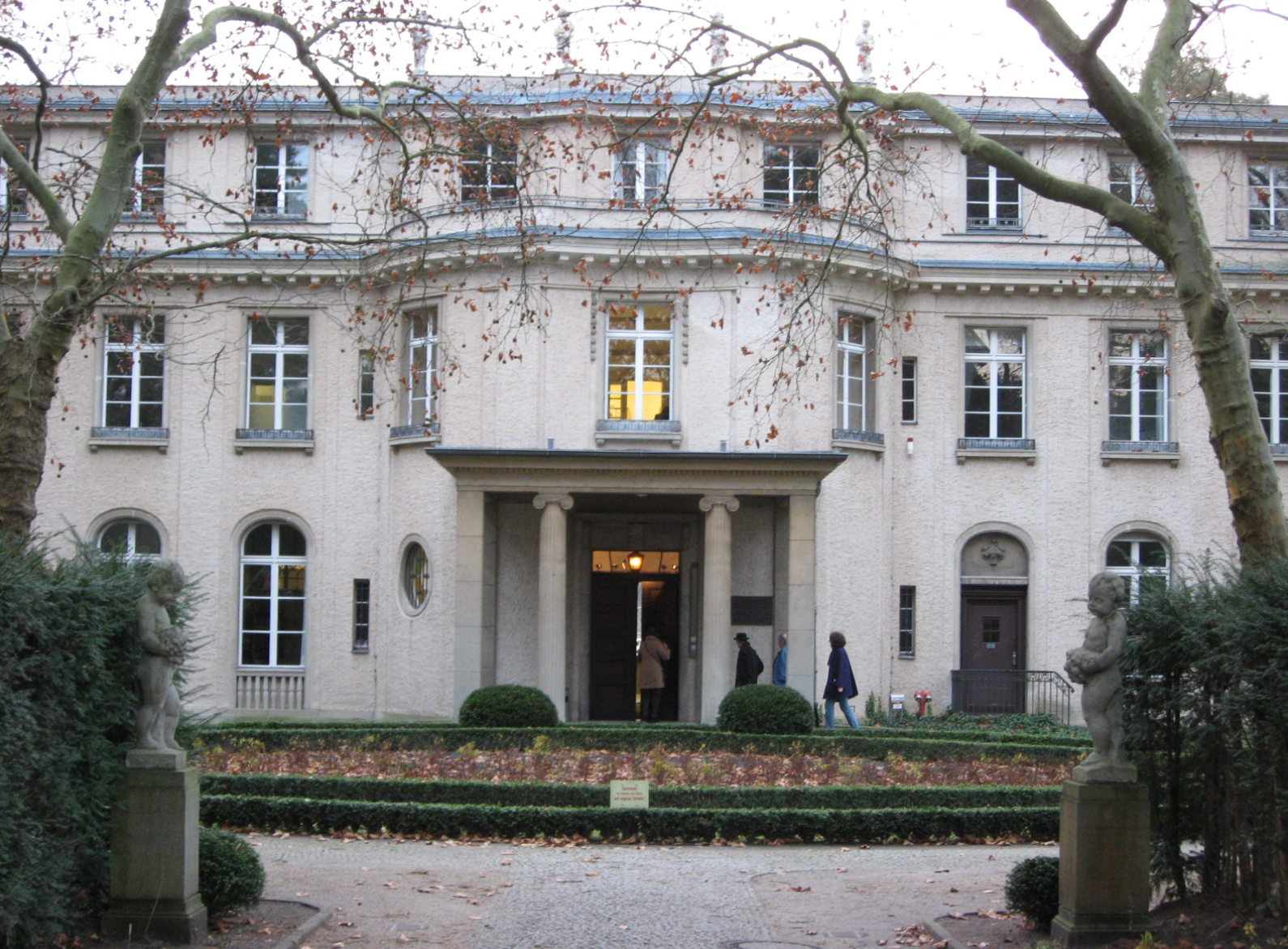
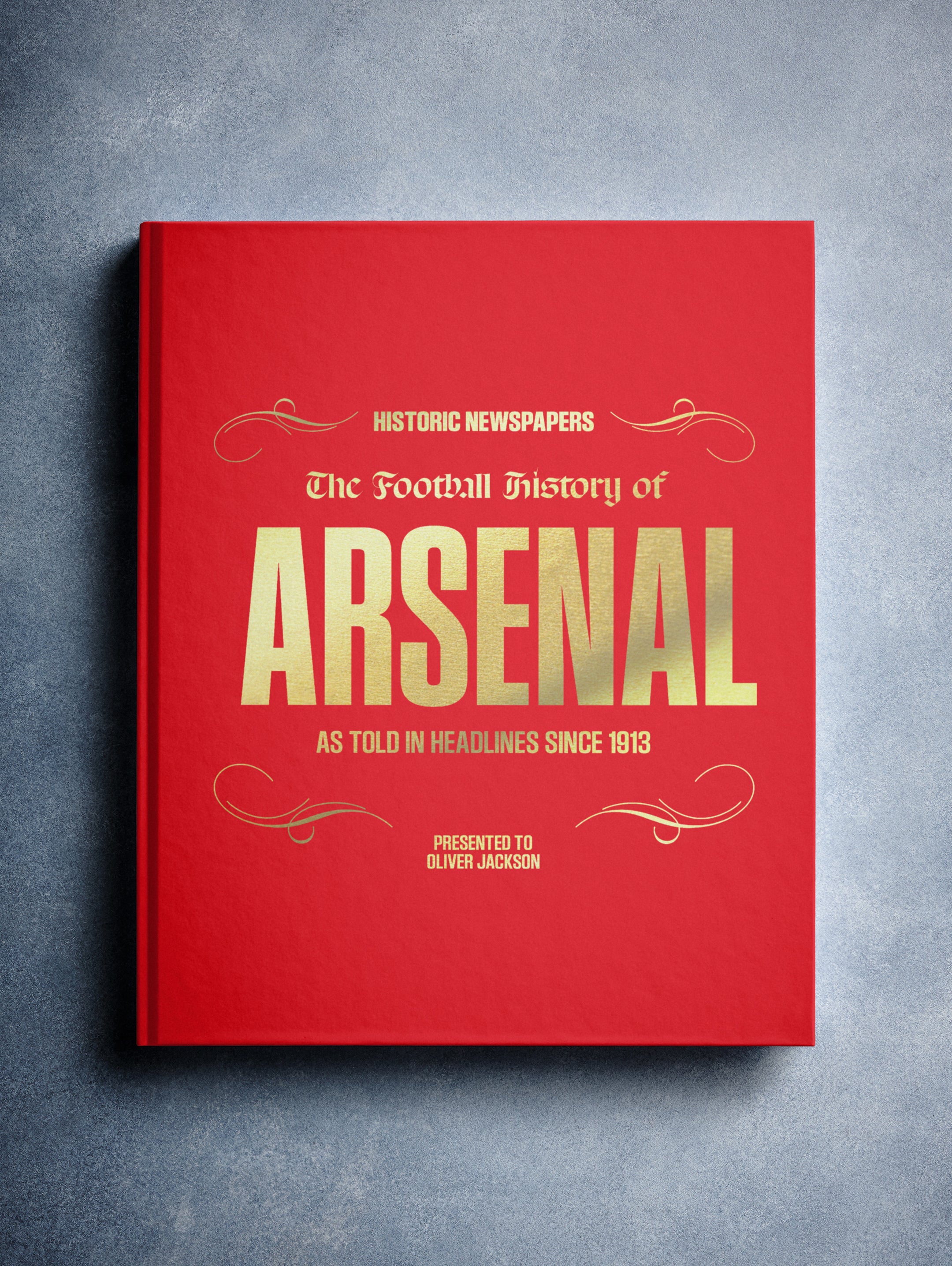

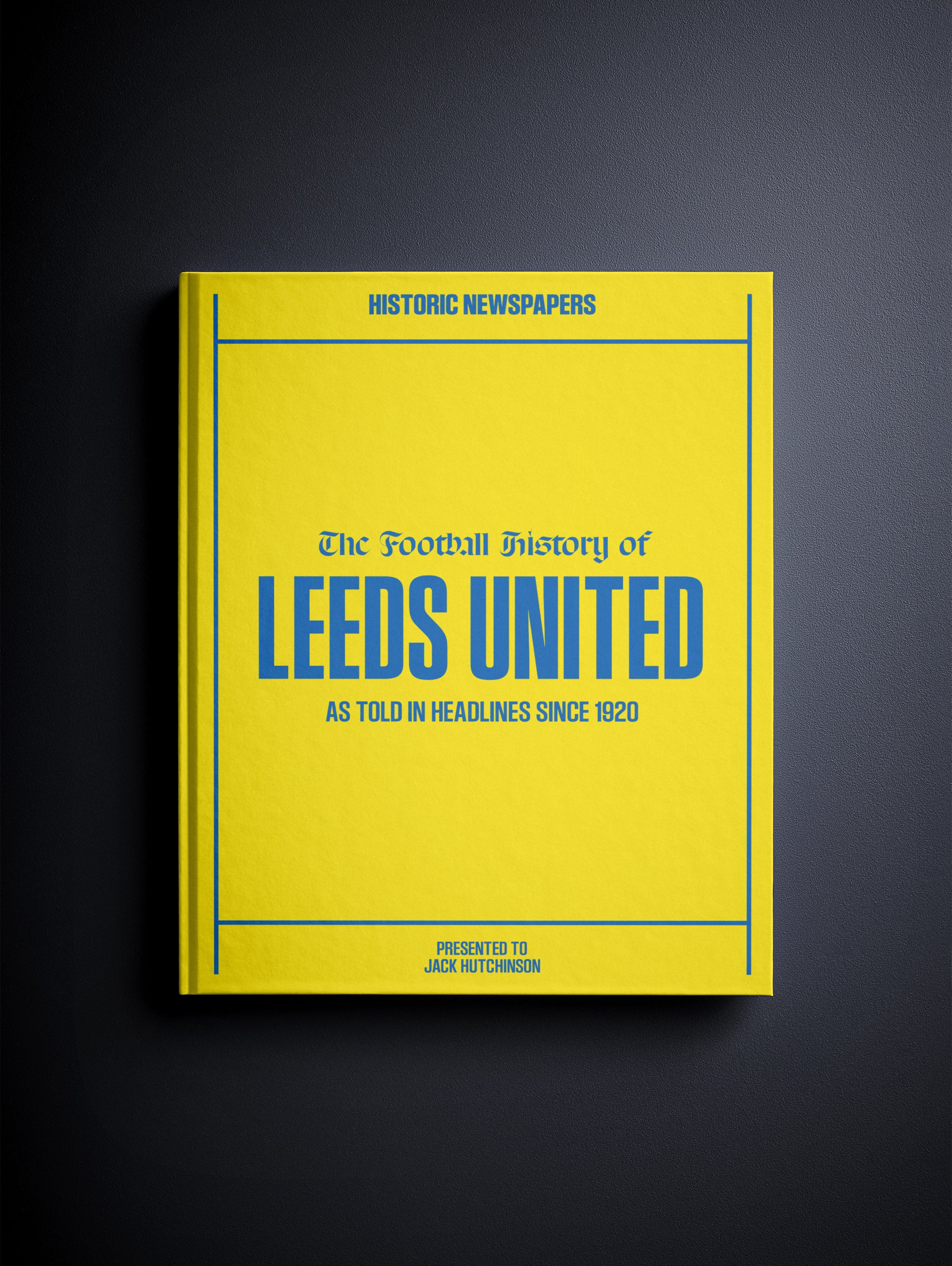
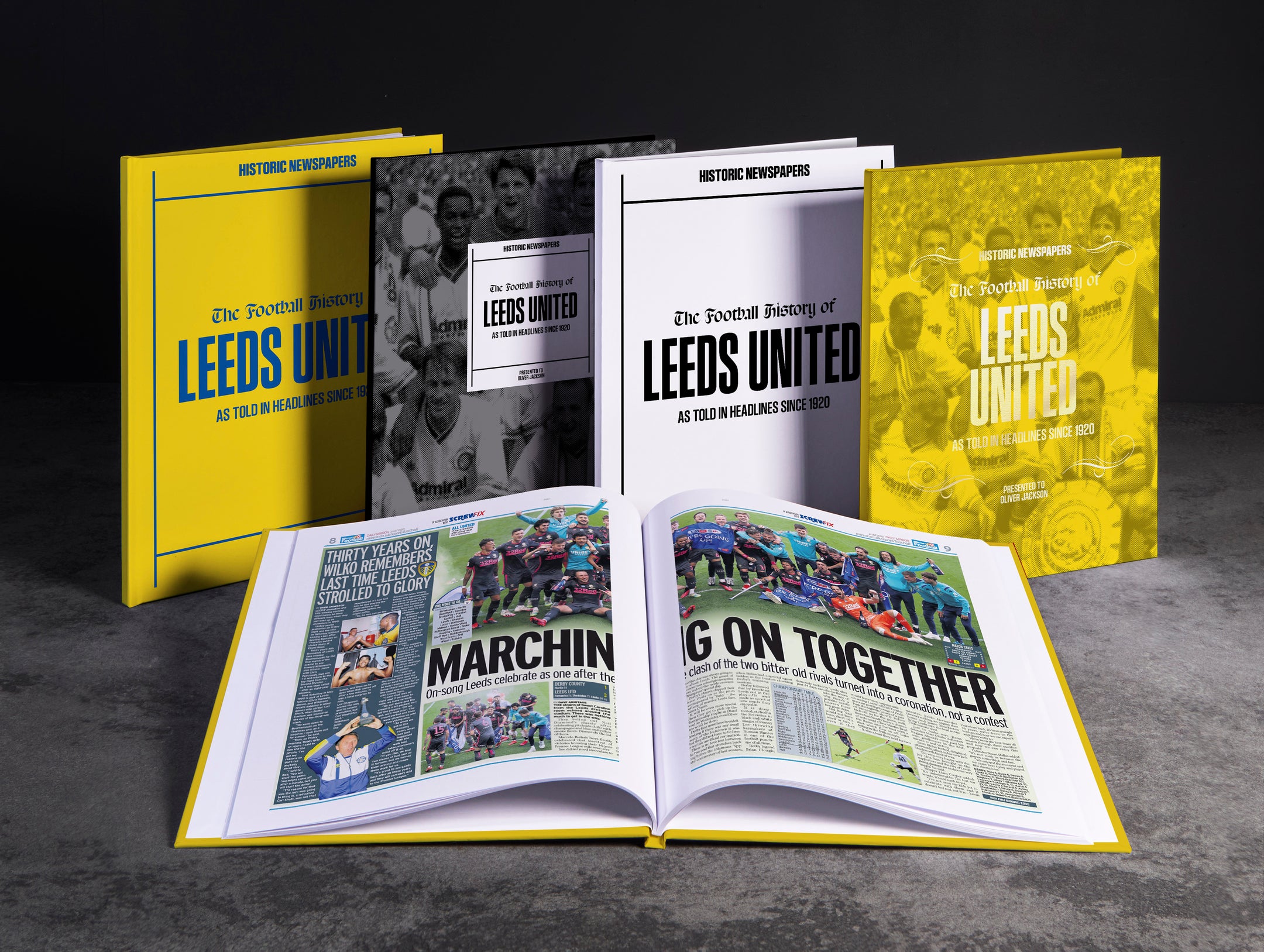
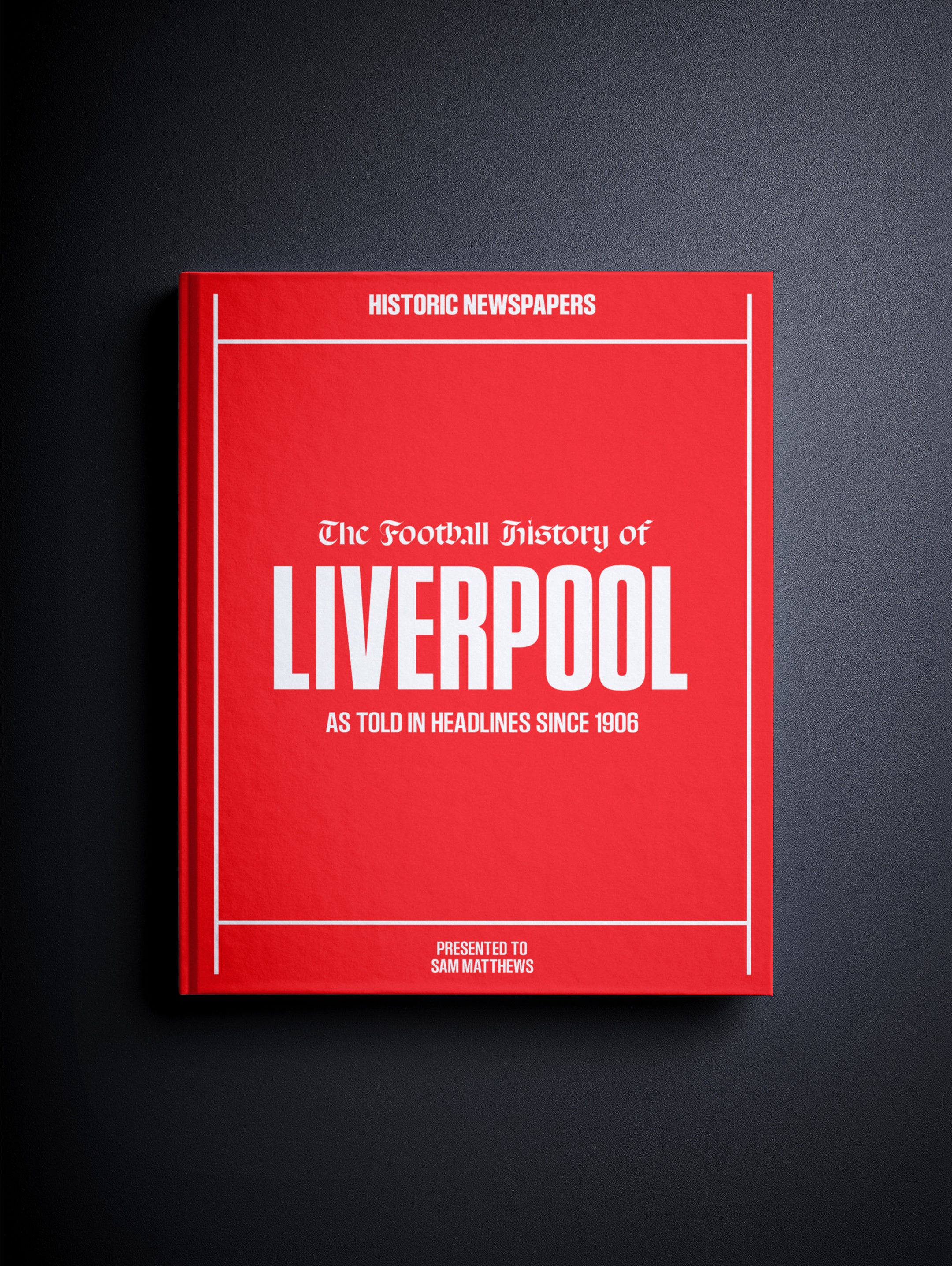
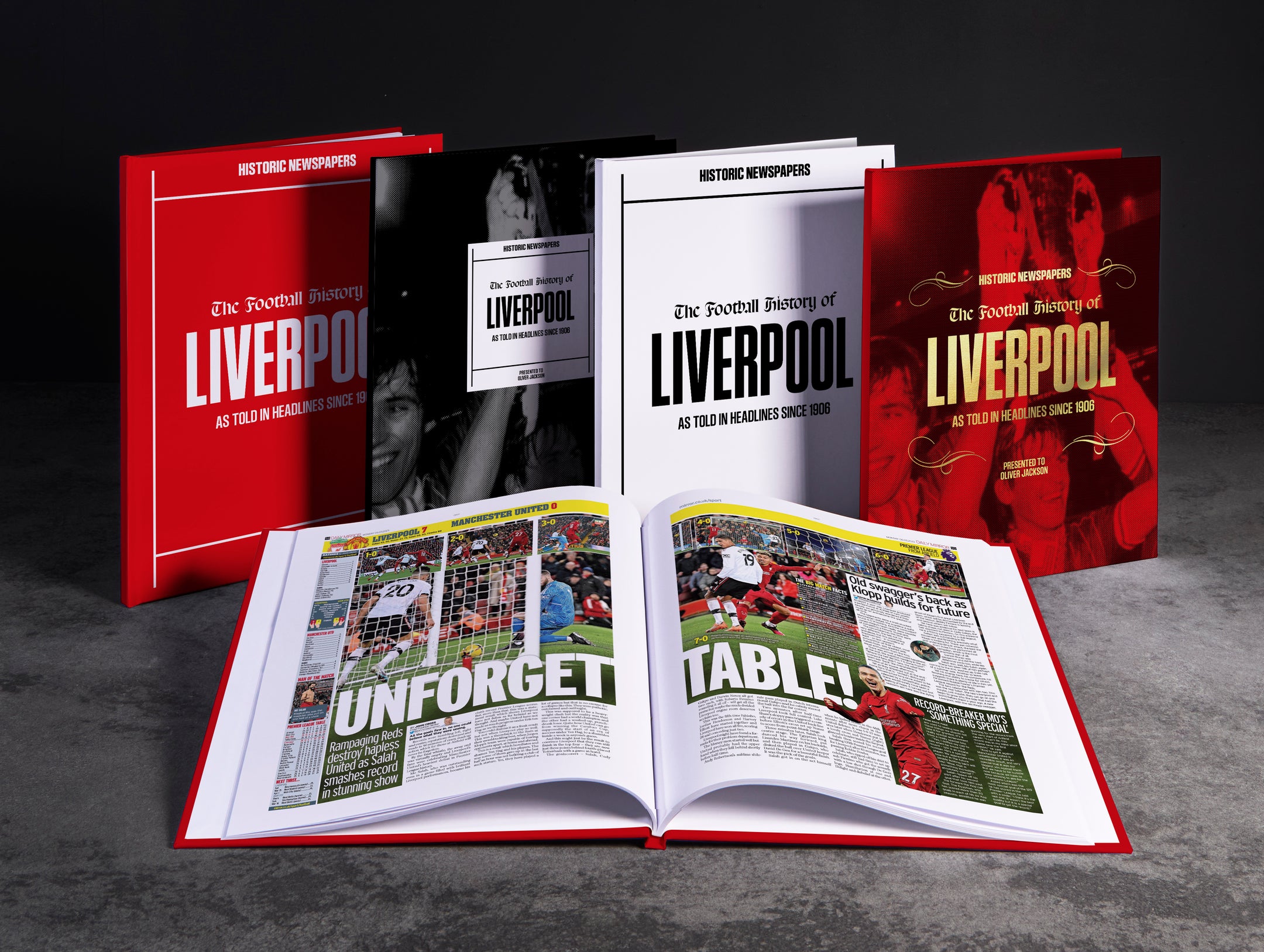
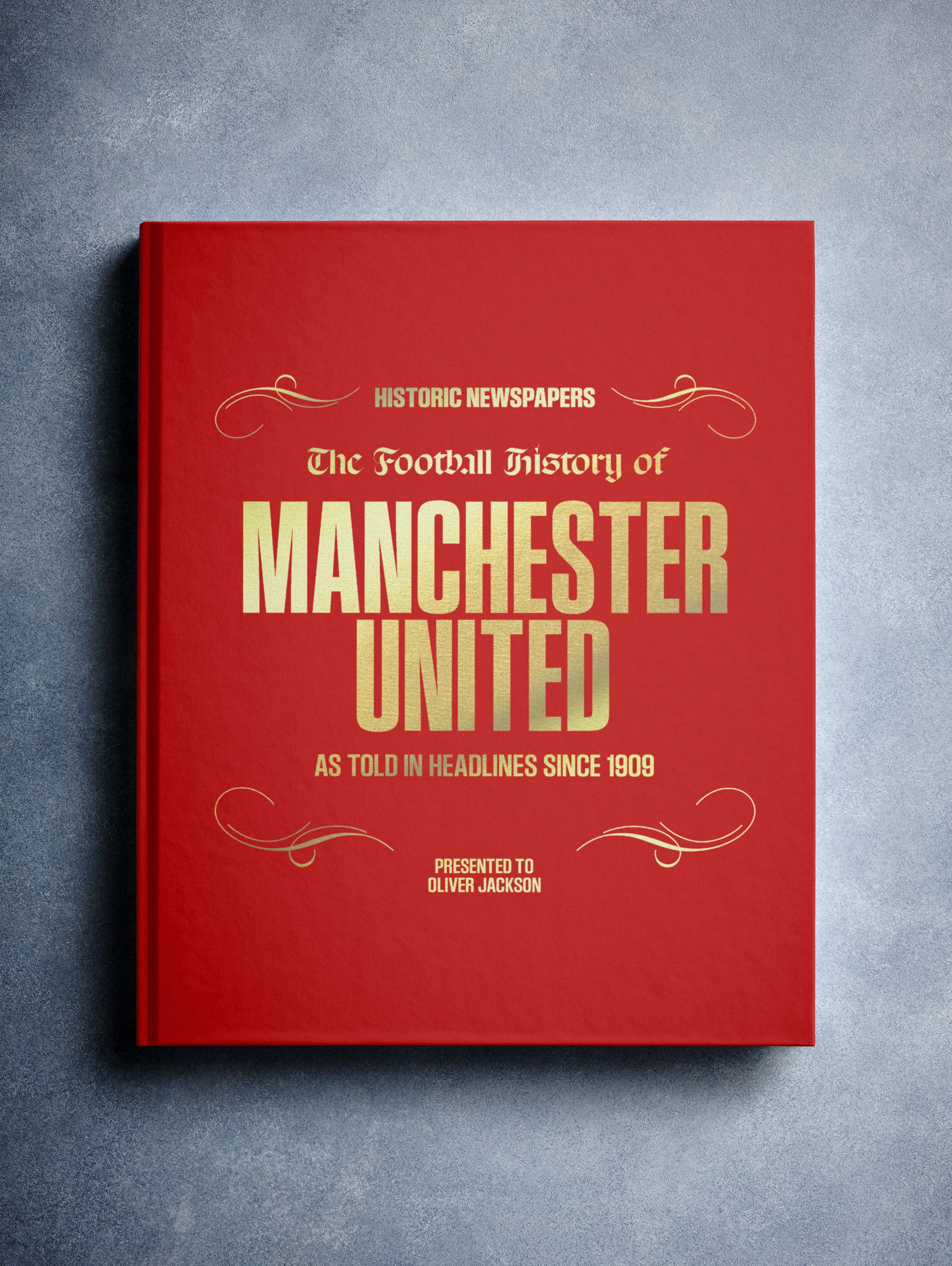
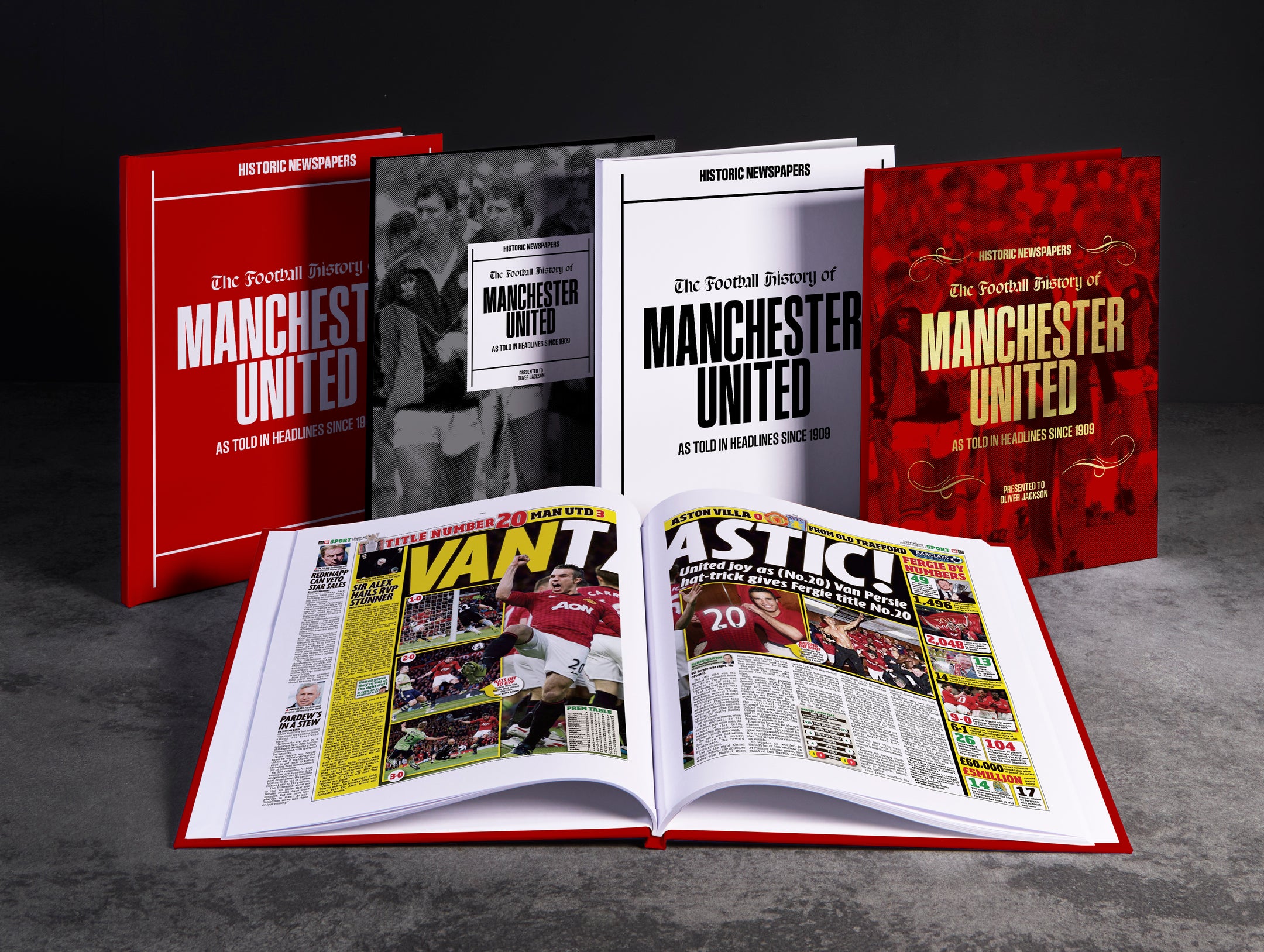
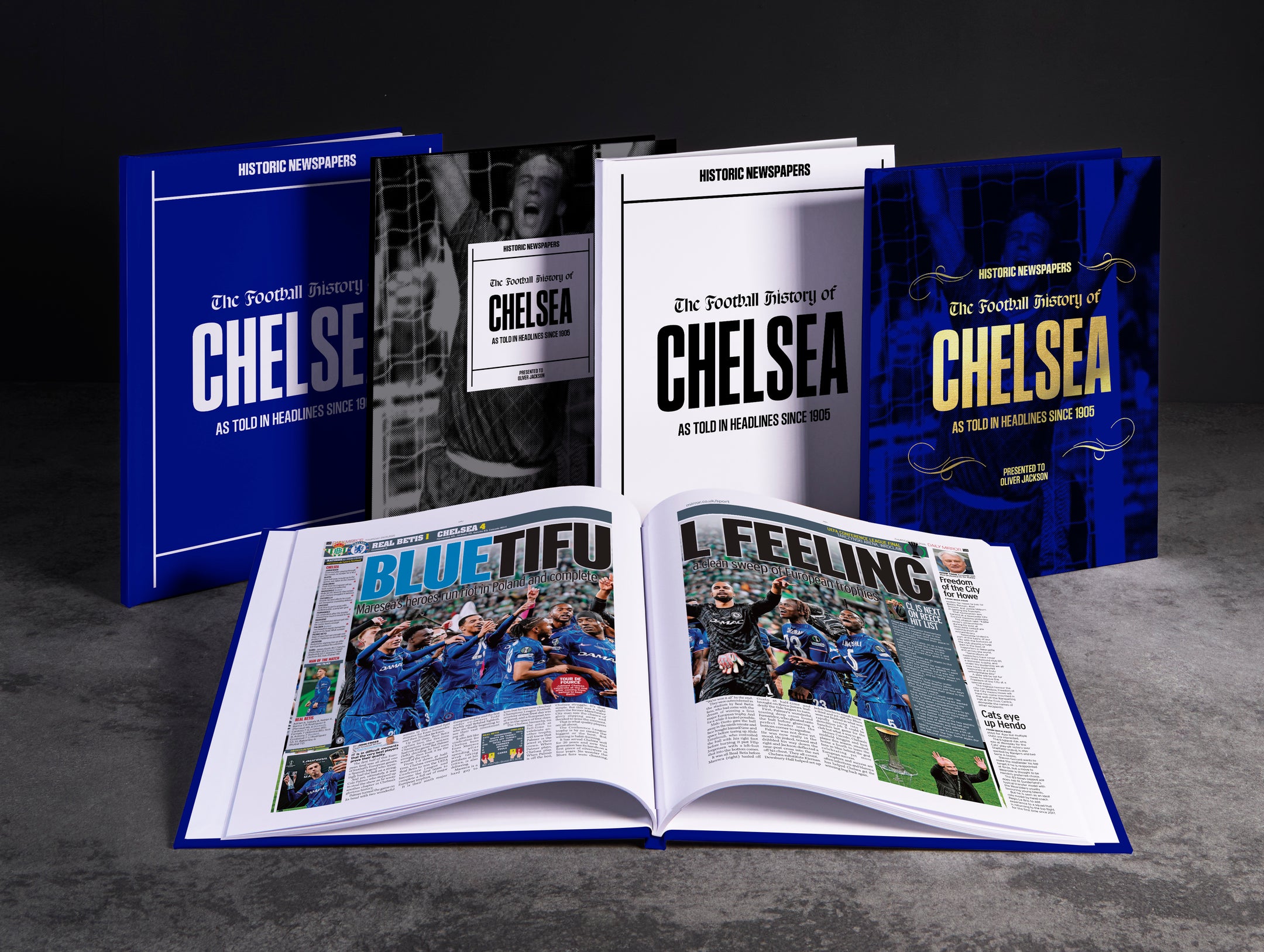
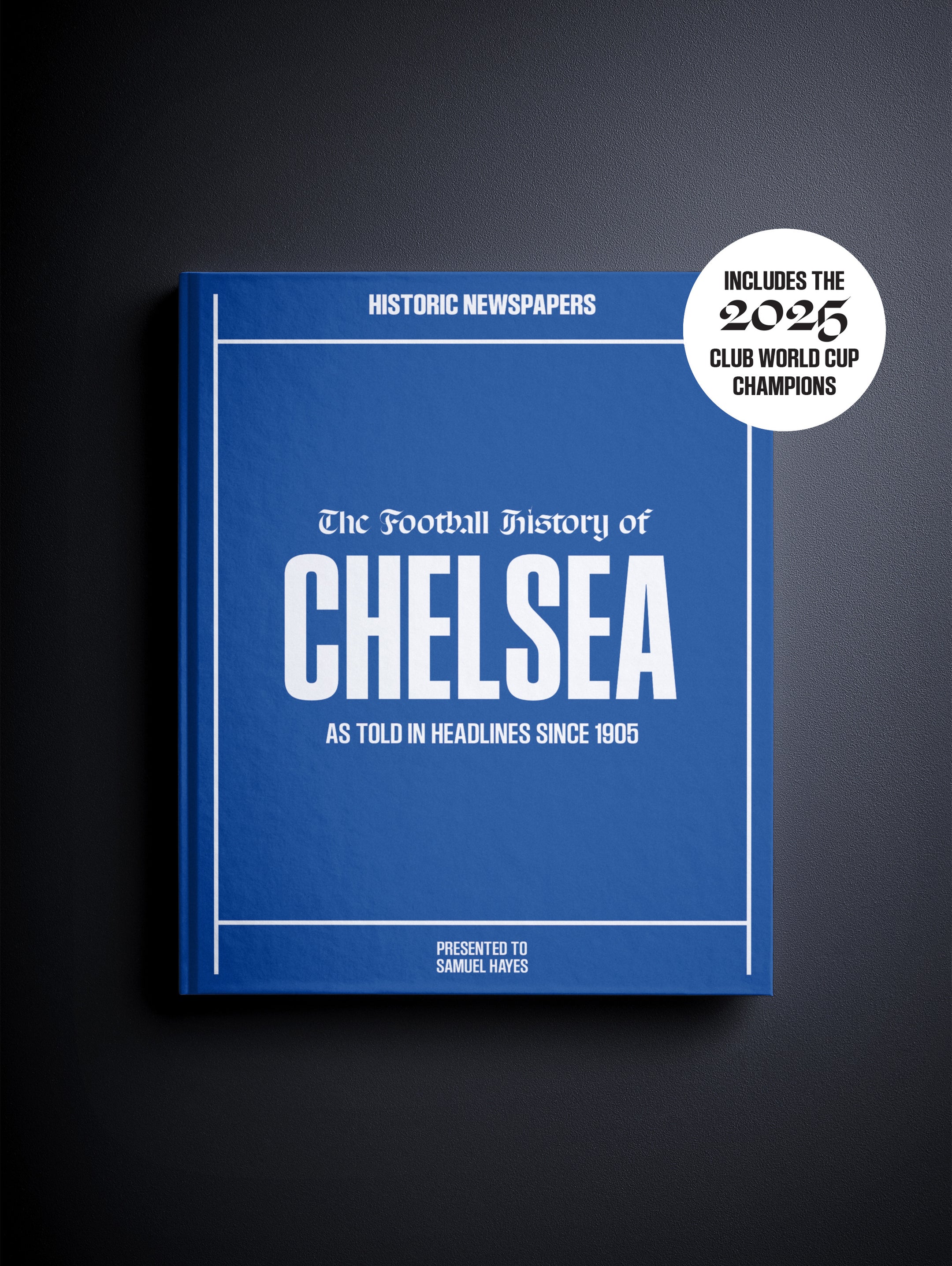


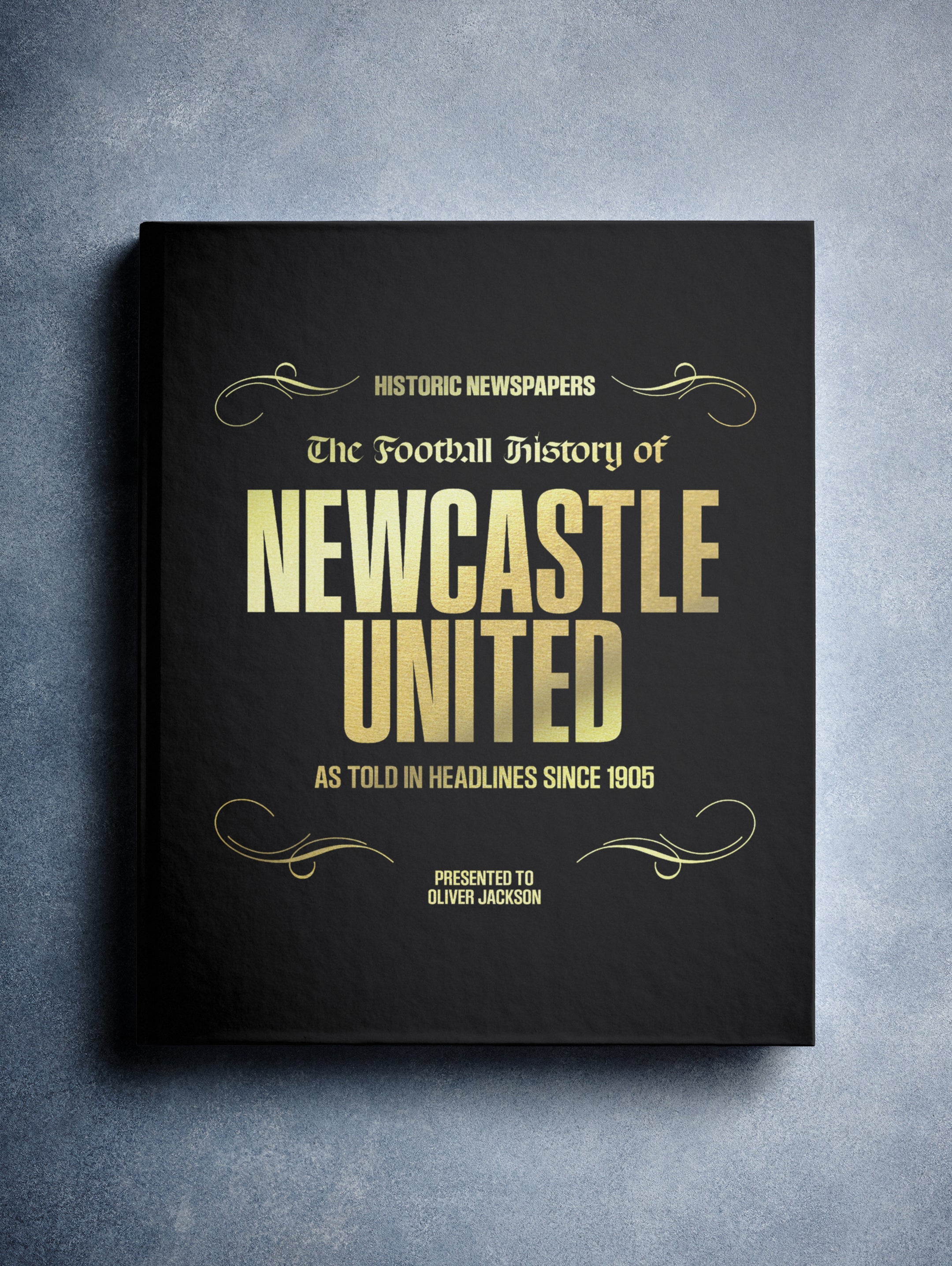
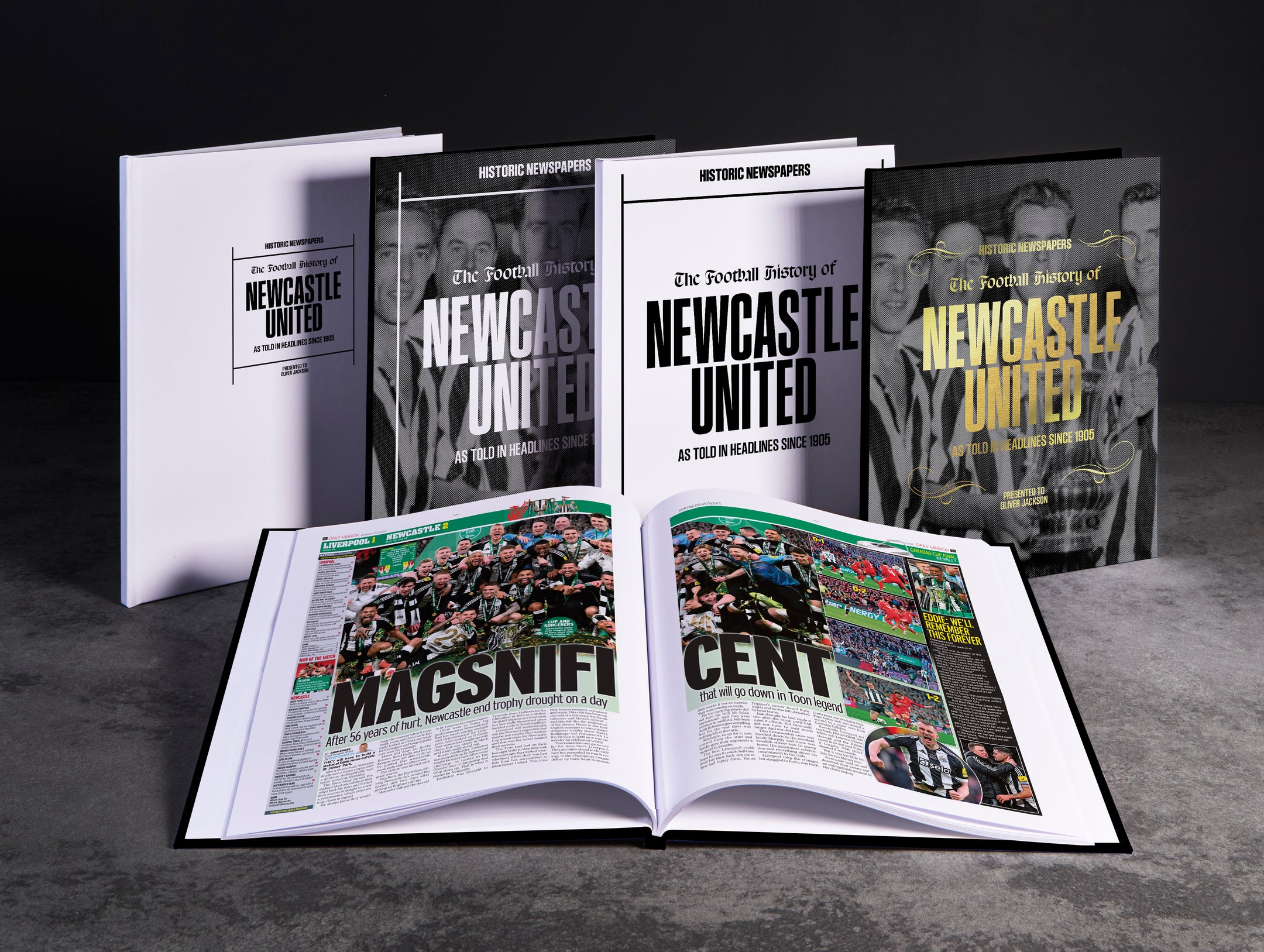
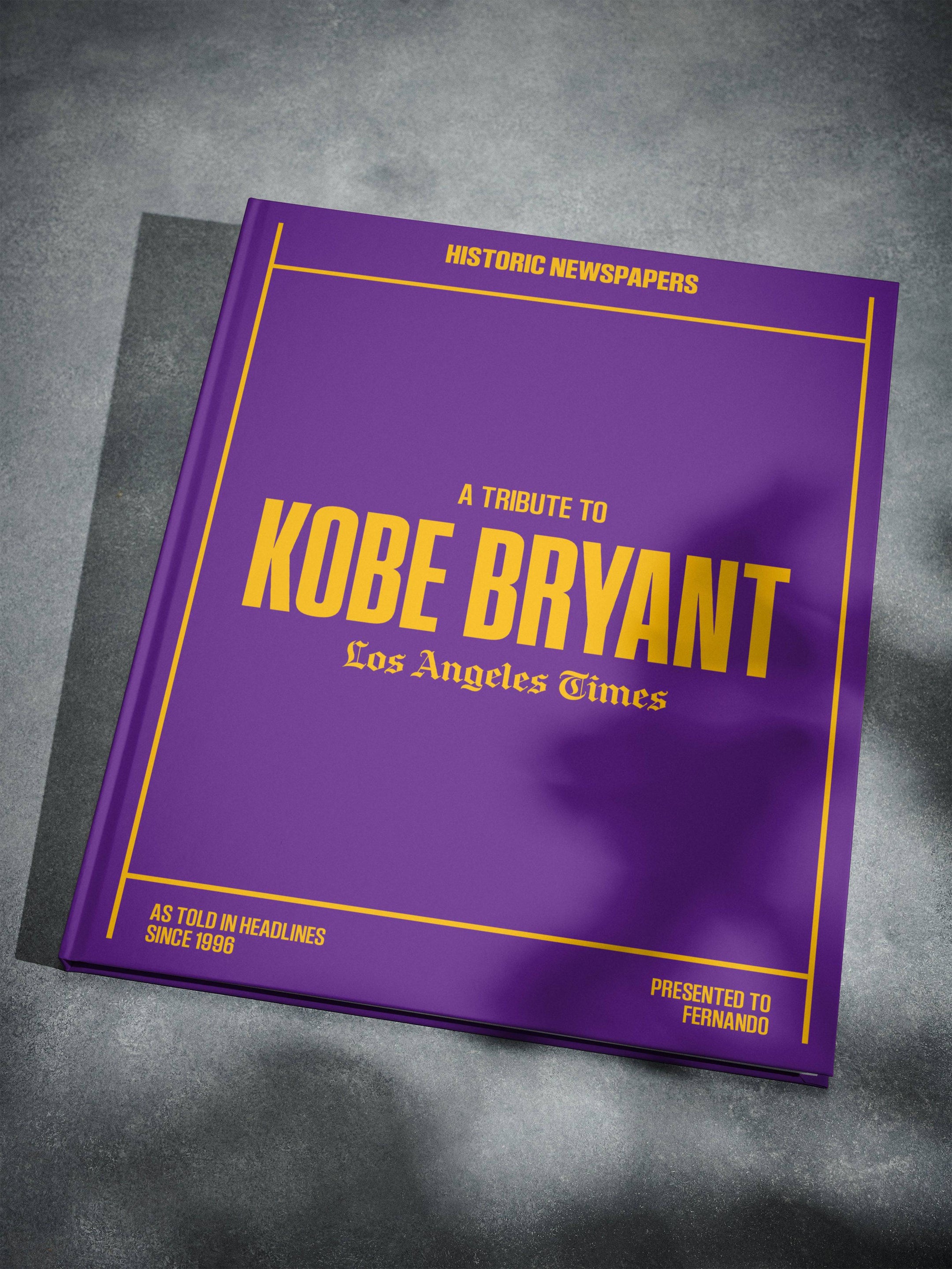
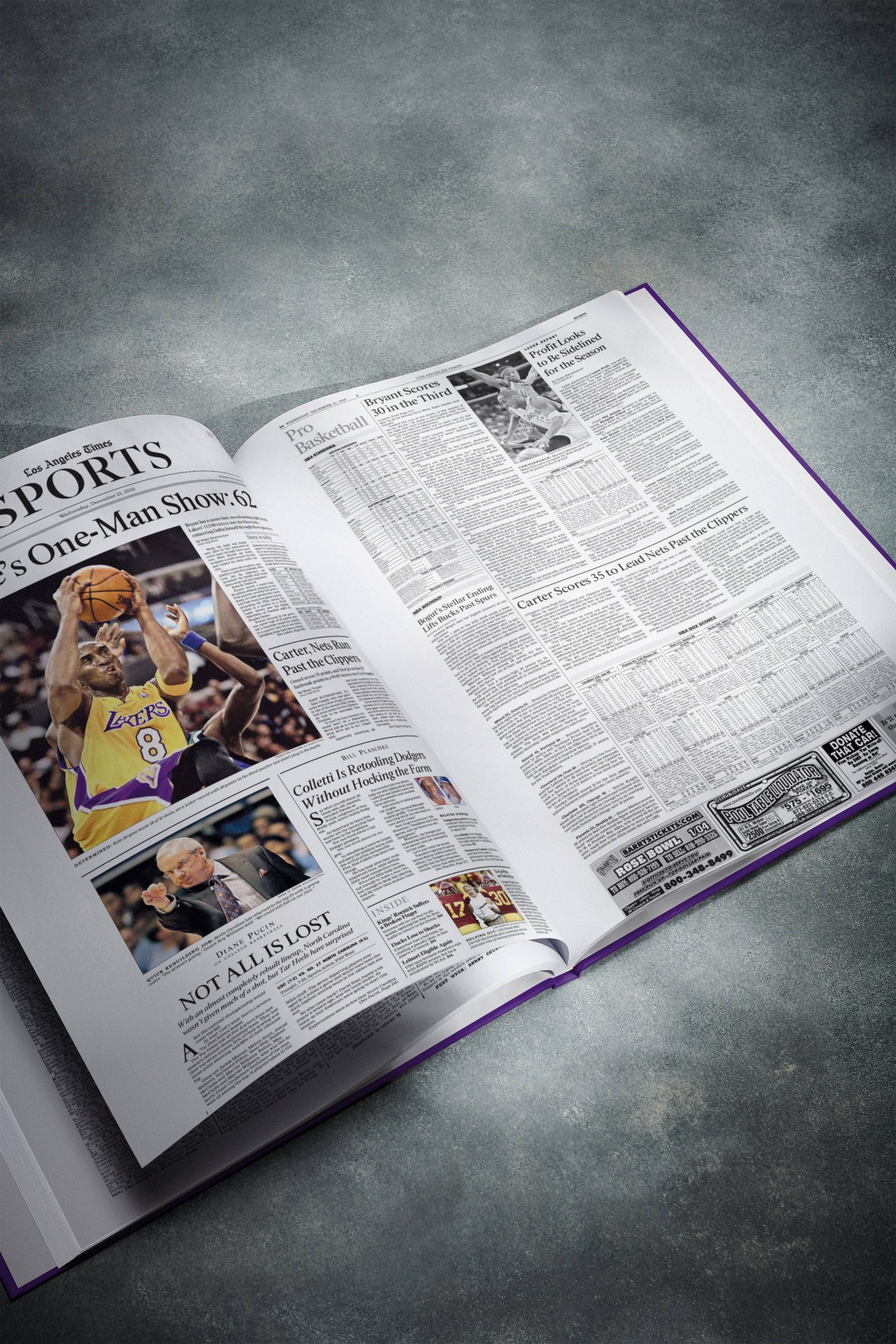
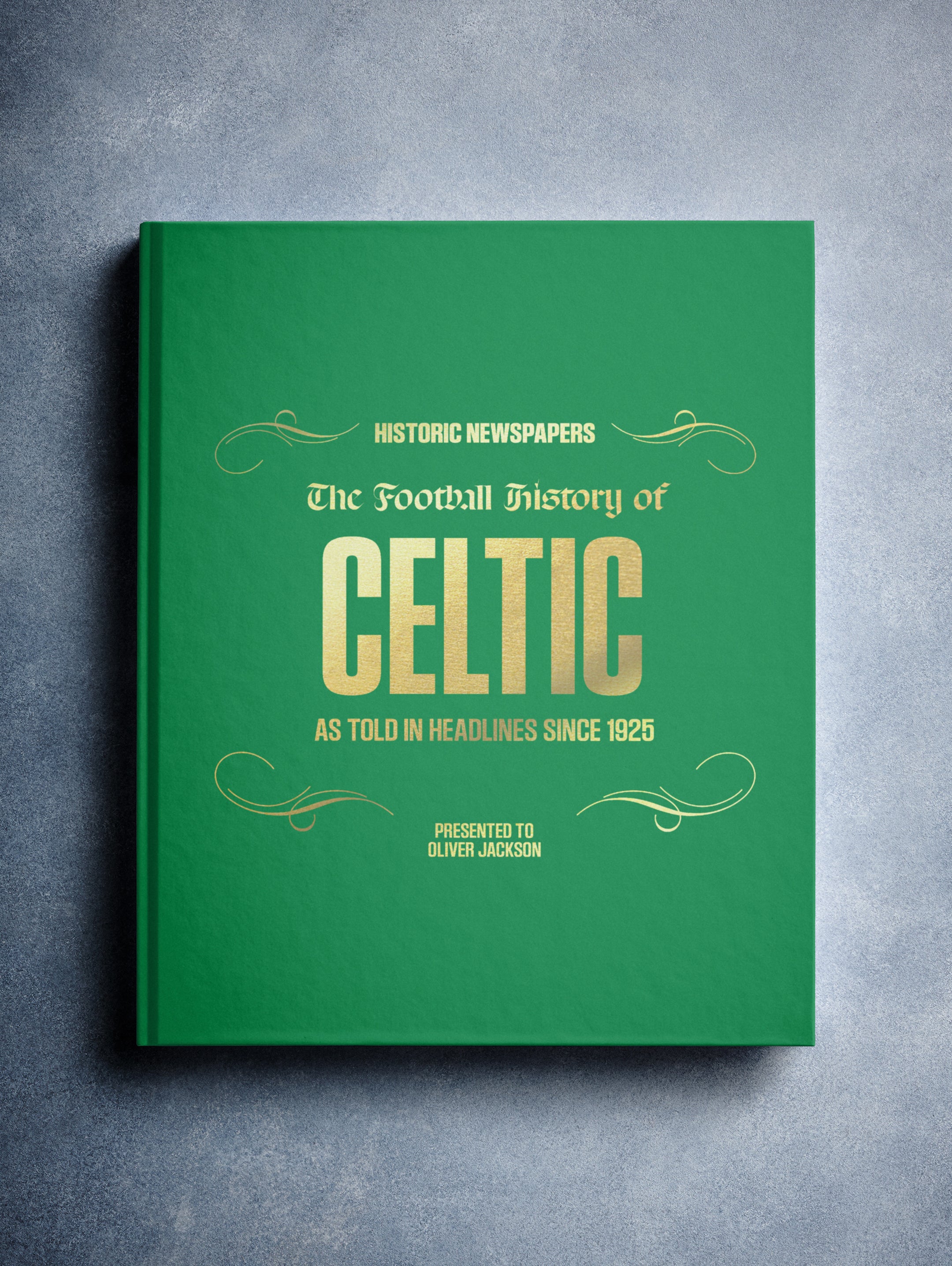



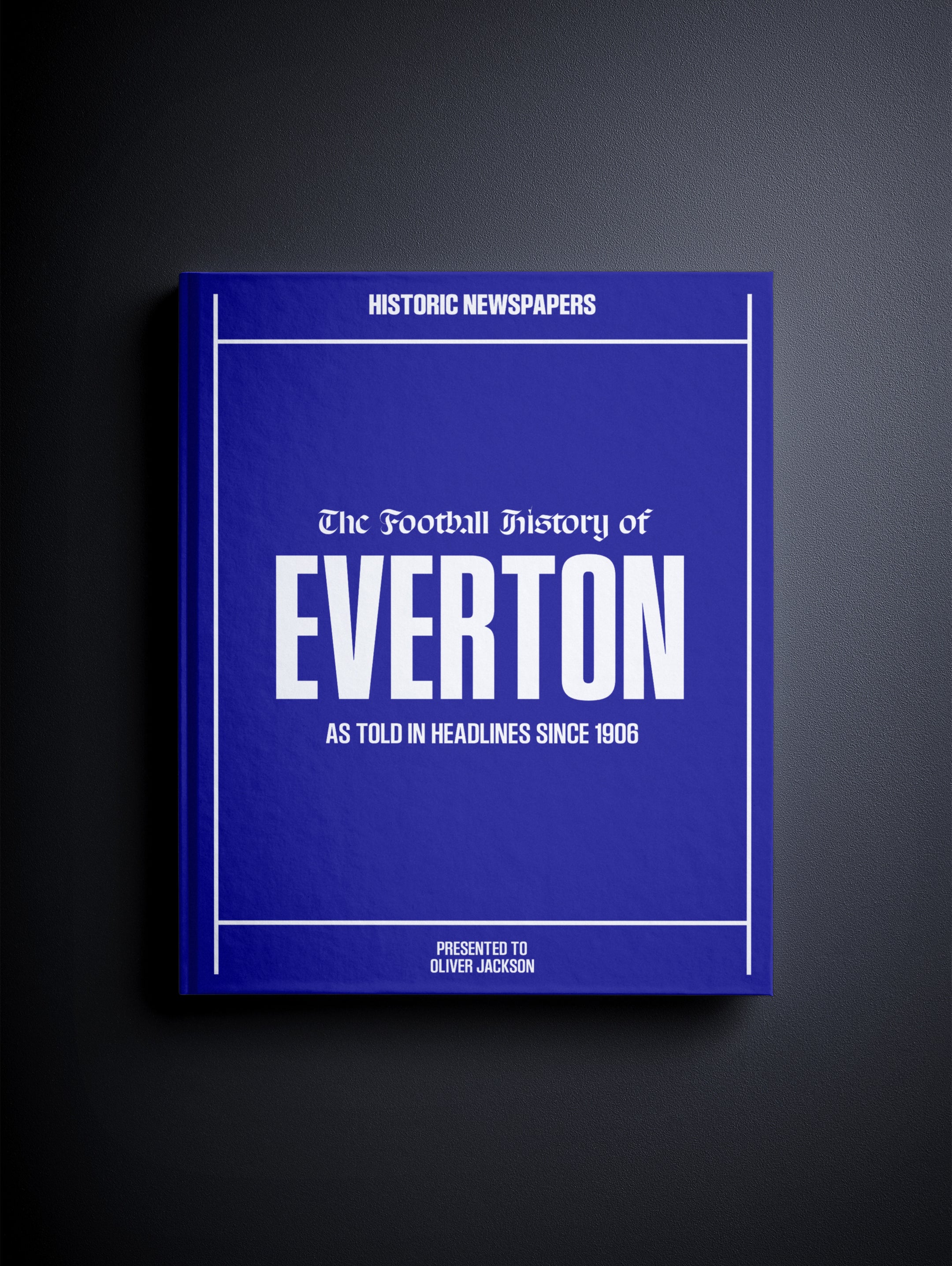

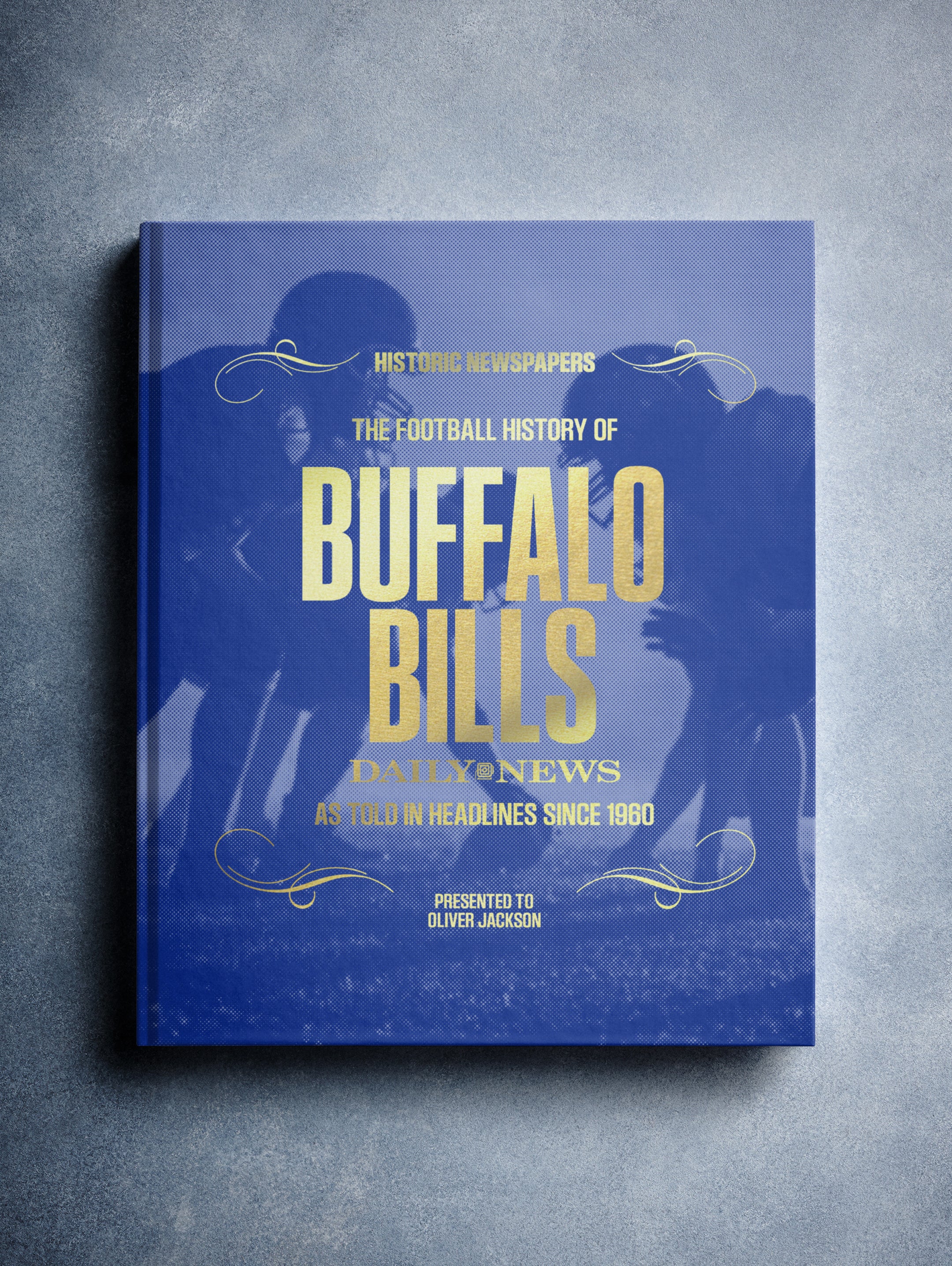

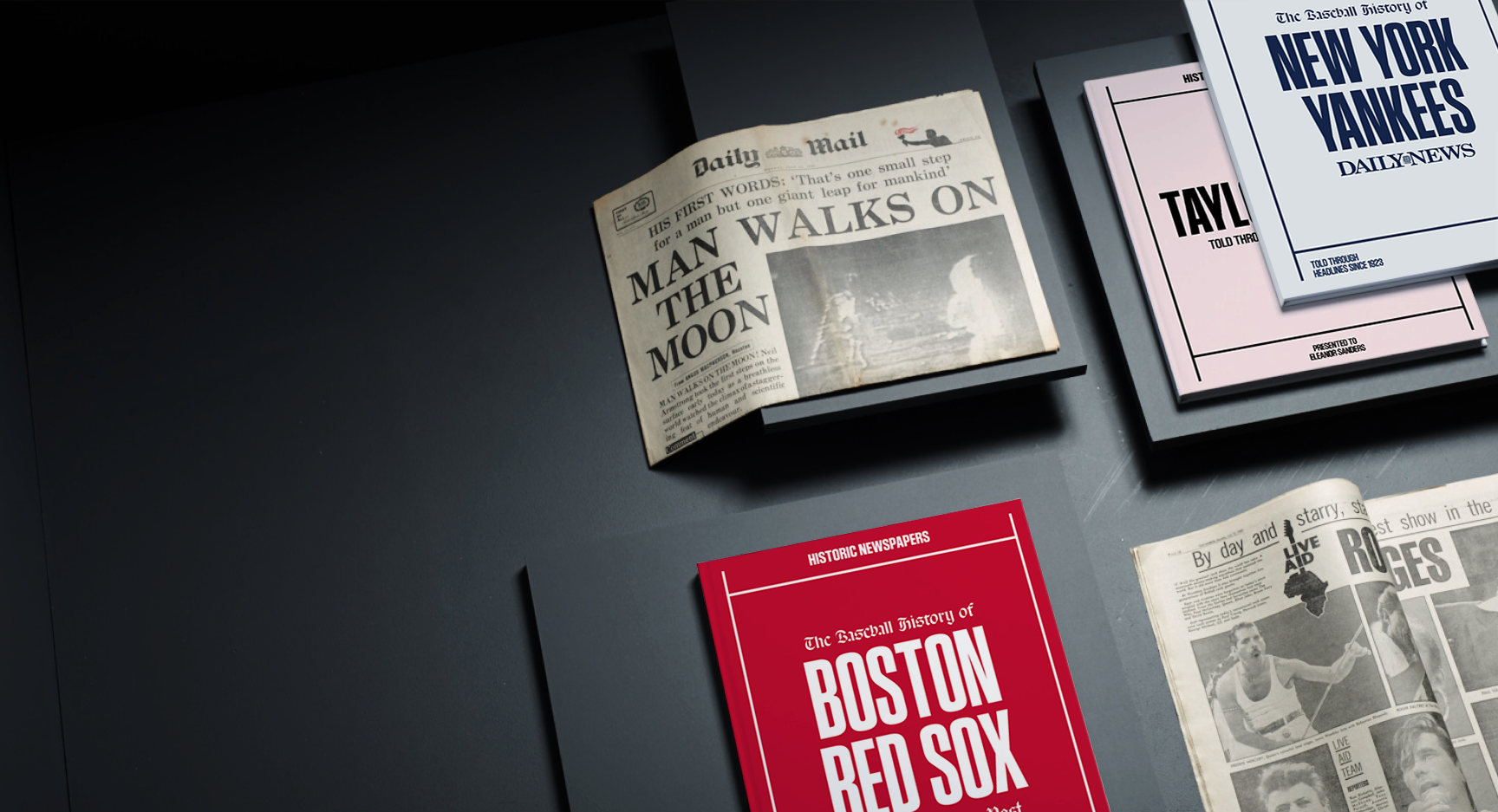
Follow us